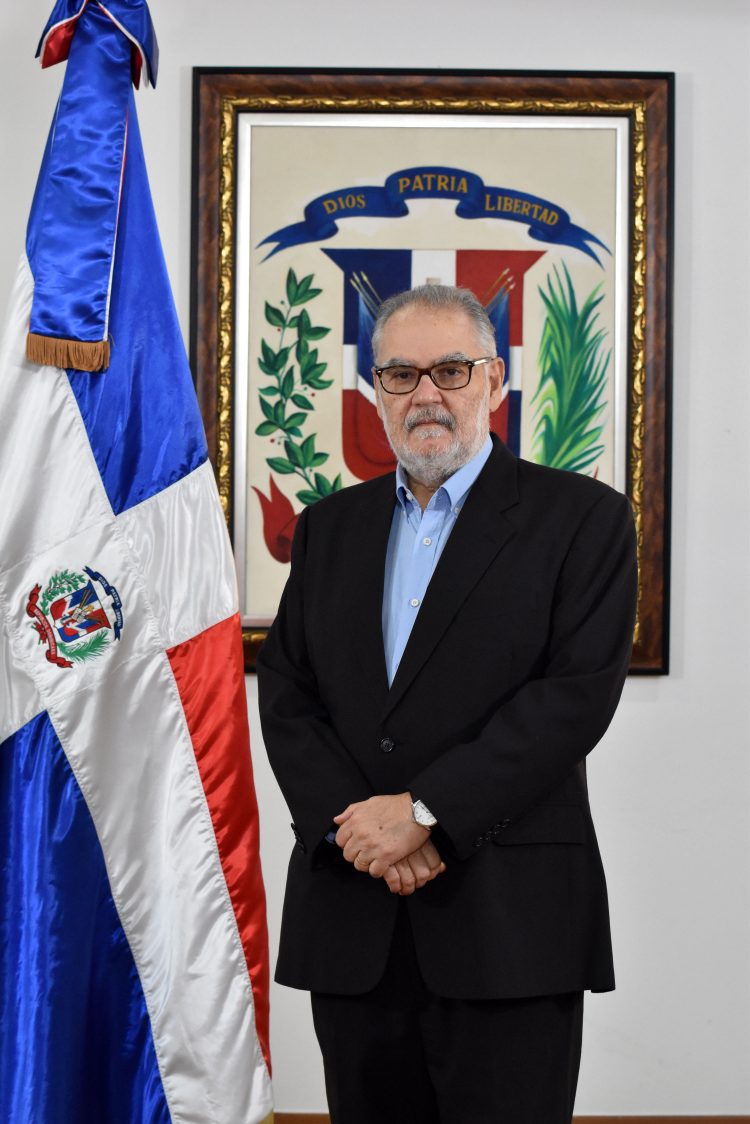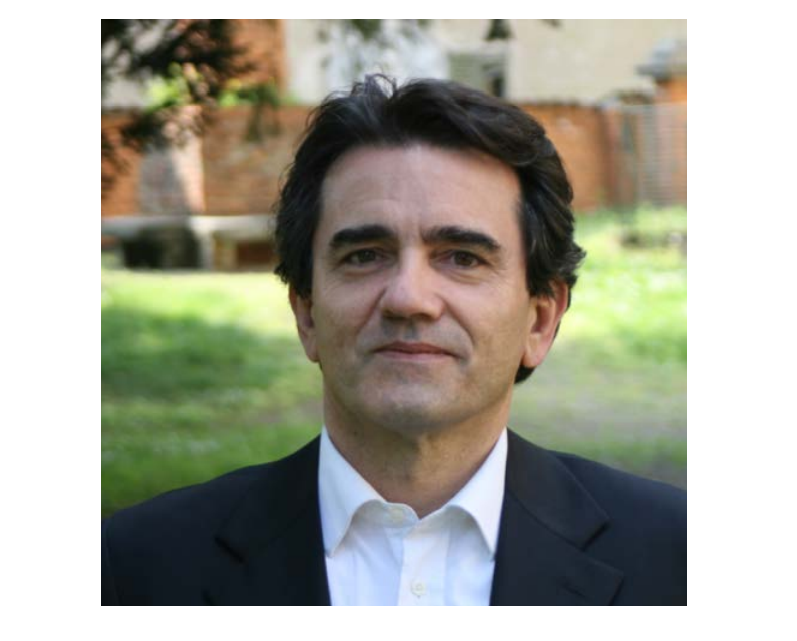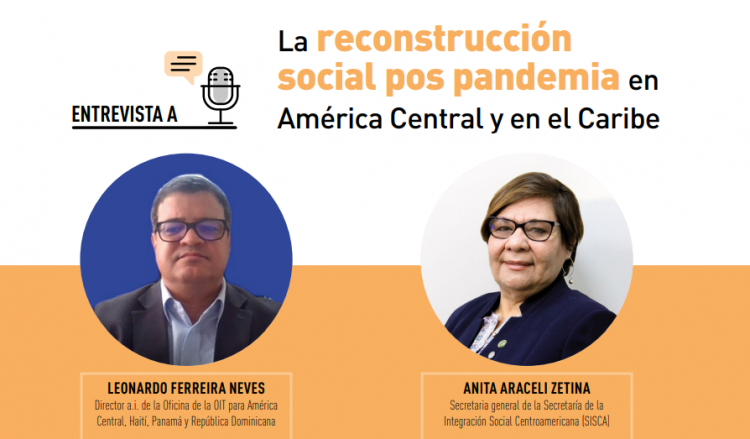Sonia González Fuentes. EUROsociAL+ Governance Area Coordinator

According to the sociologist Ludolfo Paramio, policy paradigms follow a similar course to scientific paradigms. That is to say, they tend to hold fast to a theoretical framework that has proven to be effective in solving a major problem, until that framework creates more and more anomalies for understanding reality, at which point, based on previously marginal ideas, a new paradigm is created. Let us assume that this is the current time. The dominant policies so far, anchored in the Washington Consensus, seem to have been exhausted and as some such as that of the economist Mariana Mazzucato have already said, we should get rid of any prejudice and bondage with regard to the generation of a new social contract that promotes value creation over profit extraction; that moves the rewards and not just the risks into the social domain; and invests in the common good. Such exhaustion has probably been accelerated by the pandemic, which has exposed inequalities and vulnerabilities at a time of abrupt transformation for the world with unstoppable globalisation and interdependence, a breakneck technological revolution and the climate change we are already suffering. It seems that the time has come to move towards something new.
With the 2008 recession, the period suffered a lot, but after COVID-19 I have the feeling that it has been broken, that our benchmarks have become blurred and that we are living in times of darkness. COVID-19 has not only made already existing structural problems visible, but also new ones have emerged, which still have no clear or well-defined answers and that can be considered disruptive. I do not know if we will be capable as Hanna Arendt was of thinking without frameworks, without handrails, questioning common problems, rethinking the world and trying to understand it. When you go up or down the stairs, you can always hold on to the handrail to avoid falling and yet today we have lost that handhold. Specifically, when you think about Latin America, I get the feeling that we are still looking for support through the use of handrail sections from previous decades (both failures and successes) that no longer work. Categories from the past do not help us, and perhaps it is necessary to focus on the specifics of what is happening now and to try to understand it as a new historical-political development. This could provide an opportunity for the region to move towards sustainable development and also protect democracy at a time when fear and uncertainty is the breeding ground for extreme and authoritarian populism. In this period of transit, it is important not to lose sight of people, as we are at a point where the trend towards social and institutional detachment is a volatile risk.
I heard the philosopher Daniel Innerarity say that democracies no longer collapse because of coups d’état and that social changes do not come about in a ground-breaking way, that we have political concepts in our hands that do not take into account the richness and diversity of society and the complexity of any new environments. Indeed, the problems we face today are much more complex and multidimensional and our institutions are limited in their capacity for action. Therefore, in this attempt to recover and strengthen the citizen dimension, it seems imperative to reinvent and recover the concept of public space, which is where social experience is distilled and how it is integrated with effective governance. With the onset of the pandemic, the public sphere has been revalued, but curiously we have also realised that the categories we use in that space have become obsolete.
We are heading towards a post-pandemic era and there is talk of “rebuilding better”, something that will require reforms, I don’t know if these will be gradual or radical, but I do believe that we have to agree on new meanings if we want a vibrant public space that facilitates social cohesion. Meanings related to the state-market-society equation, the distribution and redistribution of wealth, political representation, territories, cultural diversity, new rights, security etc. Without these meanings, public deliberation and any attempt to reform our institutions will fail. Although unity has become entrenched, society is regrettably segmented and what should guarantee public space is coordination, cooperation, solidarity, and respect.
In the 21st century, a more careful outlook is demanded of everyone. We are not mere spectators. A paradigm shift is looming, but new concepts are needed to face today’s enormous challenges which require the coordination of a new social contract that enables constructive movements. In that case, with the elephant in the room: how do we scale up from micro to macro? At this point, the State has to play a leading role. We need a more reflective State that, rather than intervene, can enable spaces for co-creation and shared leadership with other stakeholders. Perhaps only in this way can we achieve the great transformation.



